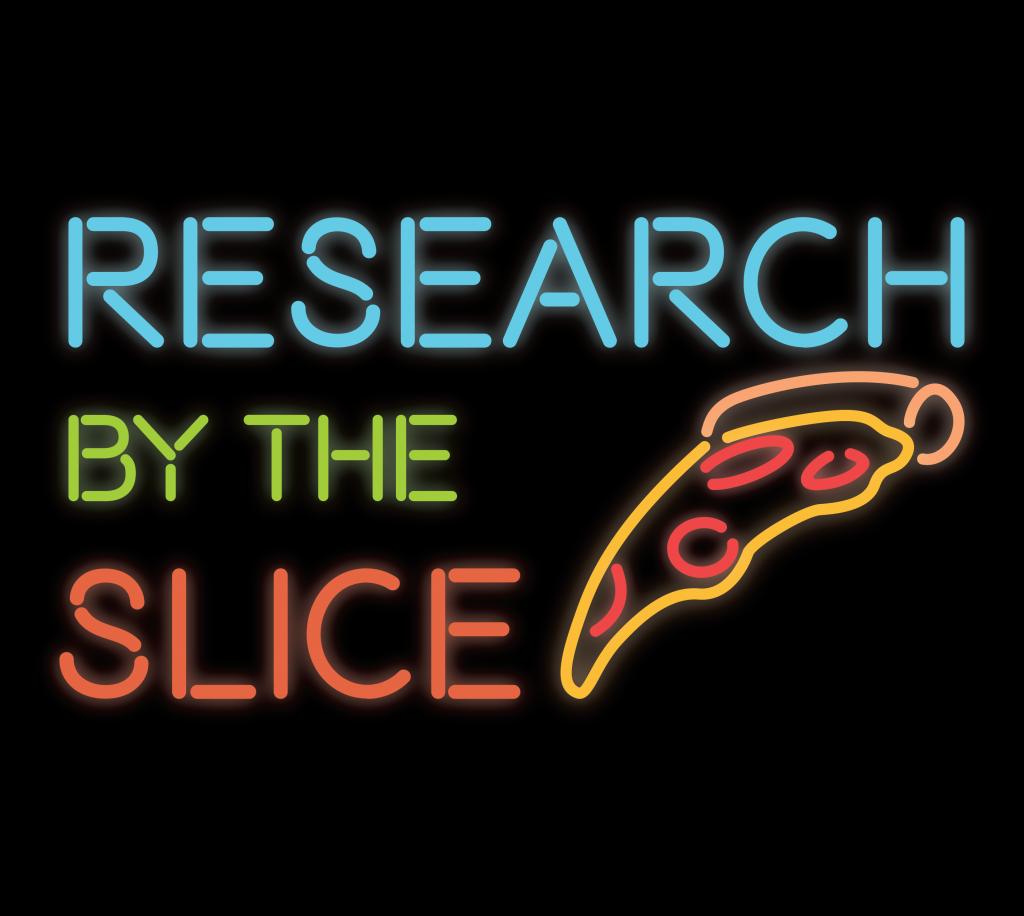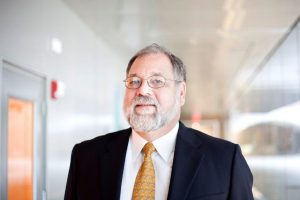Today’s special: Vice President for Research Mark Barteau
A Q&A with the new vice president for research.


Mark Barteau
Did you grow up wanting to be a chemical engineer?
I grew up with a strong interest in science. I collected rocks, butterflies, and all kinds of things like that and that continued as I progressed through school. I also realized I had a knack for solving problems. Chemical engineering seemed to be a natural union of chemistry, physics, math and engineering. My father did not have a degree, but started at the drawing board as a tool design draftsman and moved his way up to manufacturing engineering supervisor. There were often blueprints on the kitchen table. My wife, son and daughter are all engineers, so I guess it’s become the family business.
Where did you study?
I did my undergraduate work at Washington University in St. Louis, and graduate work at Stanford, and postdoc at the Technical University at Munich in the physics department. I went to Munich in part because I wanted to see the world, wanted to experience Europe – and there was a faculty member there whose work was related to mine and so I thought it was a great opportunity.
Why did you choose to continue your career at Texas A&M?
This is a place that is on the move – and that appeals to me. I like building things and helping to build things. There is an ambition and impatience here that appeals to me, as do the core values of the institution. They are very much aligned with mine – values that I absorbed being educated in a secondary school run by Benedictine monks.
How have your research interests changed across your career?
My scientific research has generally stayed in the area of chemical reactions on solid surfaces and applications to catalysis, largely processes involved in the chemical industry. I would say that my career interests have shifted toward the broader impacts of universities on society and how to invigorate the contributions of the academy to meet the challenges of society and the world.
How do you see your training in chemical engineering influencing your worldview or perspective now as an administrator?
Engineering often involves a systems-level view and understanding how things fit together; opportunities for creative problem solving often involve approaches that people might not have thought of. That’s one of the things that I enjoy most in working with students doing research, or teaching or giving presentations: to bring in ideas that others might not have thought of when following the usual linear path. I’ve always had an interest in history and politics, too. That’s probably useful in an academic leadership role as well.
How does your research impact society and the world?
My research has produced new catalysts for making different chemical products.
A lot of the work that I have done over the years is in selective oxidation of hydrocarbons. It is easy to burn hydrocarbons – we do it in our cars every day. The challenge is to add just the right amount of oxygen in the right places to get interesting chemical products. One of the reactions that I’ve worked on is making a chemical called ethylene oxide; one of its uses is to make ethylene glycol that goes into the antifreeze in your car. Some years ago I received an award, got a call from the local newspaper in Delaware, and spent several hours trying to explain this to a reporter. In the end, the headline of the story read, “Antifreeze Expert Wins Award.”
In spite of such communications challenges, one of the fun things that I’ve been able to do in the last decade is more public engagement, both in interacting with the press and writing energy-related perspectives for a broad audience. These have been read far more than any of my science. This is in some ways a little humbling about the science. As successful as one may be in research, we often forget that our audience – if we stay strictly in our disciplines – is pretty narrow.
If you could meet one researcher past or present, who would that be and why?
I will name someone that you might not think of first as a scientist, but it is Thomas Jefferson. I am fond of JFK’s quip to bunch of Nobel Laureates having dinner in the White House that “this is the most extraordinary collection of talent, of human knowledge, that has ever been gathered together at the White House, with the possible exception of when Thomas Jefferson dined alone.” Jefferson was a tremendous supporter of science and, among other things, an accomplished natural scientist . I can only imagine what he would make of the progress of science in the last 200 years, not to mention the politics and all the other things that I think engaged his attention back in the day.
If you could go back in time, what advice would you give yourself as an undergraduate and graduate student?
There are two things. I think I would learn more biology. The days of my undergraduate education were right at the cusp of the revolution of molecular biology and genetic engineering that occurred at the latter part of the 20th Century. I wish I had realized that was coming along. Another general piece of advice would be to take one’s time. I had a bachelor’s degree at 19, a PhD at 24 and a faculty position at 25. While getting such an early start has made many things possible in the course of my career, it also came at a price in terms of breadth of experience and certainly wisdom and maturity. Of course, the beauty of the academy is that we can be rather promiscuous in our intellectual pursuits throughout our careers.
What do you think will be the next big research area or question in your field?
The data explosion in data science is going to lead to new knowledge and understanding that is hard to predict and envision at this point. That does not mean that machines will think for us, but I think their ability to absorb and analyze much richer amounts of information than the human mind can process and then boil it down to where human intellect becomes important in actually realizing how to use it or what the key conclusions are. Likewise, having spent the last decade or more focused on energy issues, I think that how we as a society adapt to planetary boundaries, whether in energy, air, water, food or ecosystems and so forth, is going to be a critical question. We have often looked to technology coming down as deus ex machina to save us. I’m not confident that we can continue to do that as we push closer toward the boundaries of the planet. I think we need to devote more attention to the science of human behavior and our collective actions, not just our technologies.
What is going to be our niche?
Texas A&M embodies the land grant mission. We have a great tradition and capability, not only of creating new knowledge, but of translating it into beneficial applications for our society. For example, as we advance the field of data science, I can see great connections to applications of our strengths and priorities in areas such as agriculture, energy, commerce, personalized medicine, healthcare delivery and service to rural populations, to name a few.
What do you like to do in your free time?
What’s free time? I actually enjoying traveling whether for business or pleasure. Travel is one of the things that we tend to take for granted in an academic career. We have fantastic opportunities to see the world and meet the peoples of the world, whether they are our students, colleagues or professional peers. It leads to a very rich life.
What’s your favorite pizza?
The works!
